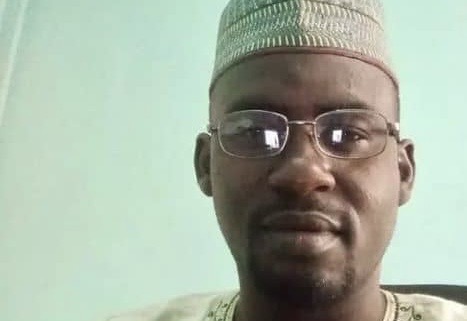IN Nigeria, religion is profoundly ingrained in the stuff of society, playing a significant role in influencing culture, value sand identity. Religious leaders wield significant power and influence, serving as spiritual guides and moral authorities to their followers.
However, amidst the diverse religious landscape of the country, there exists a growing concern that some religious scholars are exercising too much freedom in their preaching, which presumably could potentially lead followers astray controversial sermons.
Nigeria is home to a host of religious traditions, including Islam, Christianity and various small indigenous belief systems. Each of these traditions boasts a rich tapestry of interpretations, practices and sects, contributing to the vibrant religious mosaic of the nation.
While diversity is a source of strength, it also presents challenges, particularly when religious leaders veer into contentious territory in their teachings outside and within their domain, which instigate the religious scholars to lead their followers astray through the propagation of controversial preaching.
The sermons often touch upon sensitive and contemporary issues such as politics, social justice, interfaith relations and other contemporary issues as the case may be. While addressing these topics from a religious perspective which can be problematic, divisive, or something else. Provided the doctoring of the religion in addressing the topic are merged with selfish interest of the scholar or lack of diverse knowledge.
In recent years, Nigeria has witnessed a proliferation of religious extremism and sectarian violence, fueled in part by inflammatory rhetoric from certain religious leaders. Whether through incendiary sermons or provocative statements, these scholars contribute to the polarization of society, exacerbating tensions along religious lines.
Moreover, the proliferation of digital media and social networking platforms has amplified the reach and impact of controversial preaching in the current Nigeria, further aggravating the problem.
Also, the quest for power and influence sometimes drives religious scholars to exploit their position for personal gain, thereby compromising the integrity of their teachings.
Whether through financial misconduct, ethical lapses, or manipulation of followers, such behavior undermines the credibility of religious institutions and erodes public trust in religious leadership.
Way out:
In response to these challenges, the following steps are very key:
1. There is emergent need for accountability and moderation among Nigerian religious scholars.
2. Religious organizations and institutions must establish mechanisms to monitor and regulate preaching, ensuring adherence to core principles of tolerance, respect, and ethical conduct.
3. There is a need for greater collaboration and dialogue among religious leaders from different faith traditions, fostering mutual understanding.
4. Religious education and training programs should emphasize the importance of responsible leadership and ethical conduct among aspiring religious scholars. By instilling values of compassion, humility, and integrity, these programs can cultivate a new generation of leaders who are committed to promoting peace, harmony, and social justice within their communities.
5. Control on social network in spreading igniting and inciting comment can be of good omen in fostering peace between scholars of the same faith or otherwise.
Ultimately, the issue of too much freedom of speech among Nigerian religious scholars underscores the importance of balance, discernment, and ethical conduct within religious leadership. While freedom of expression is essential, it must be tempered with a sense of responsibility and reverence for the sanctity of religious teachings.
Upholding these principles, Nigerian religious scholars can fulfill their role as agents of positive change, guiding their followers towards enlightenment, unity, and spiritual fulfillment.
Ibrahim, a lecturer, wrote in from Jigawa and can be reached on gisahibrahim@gmail.com







